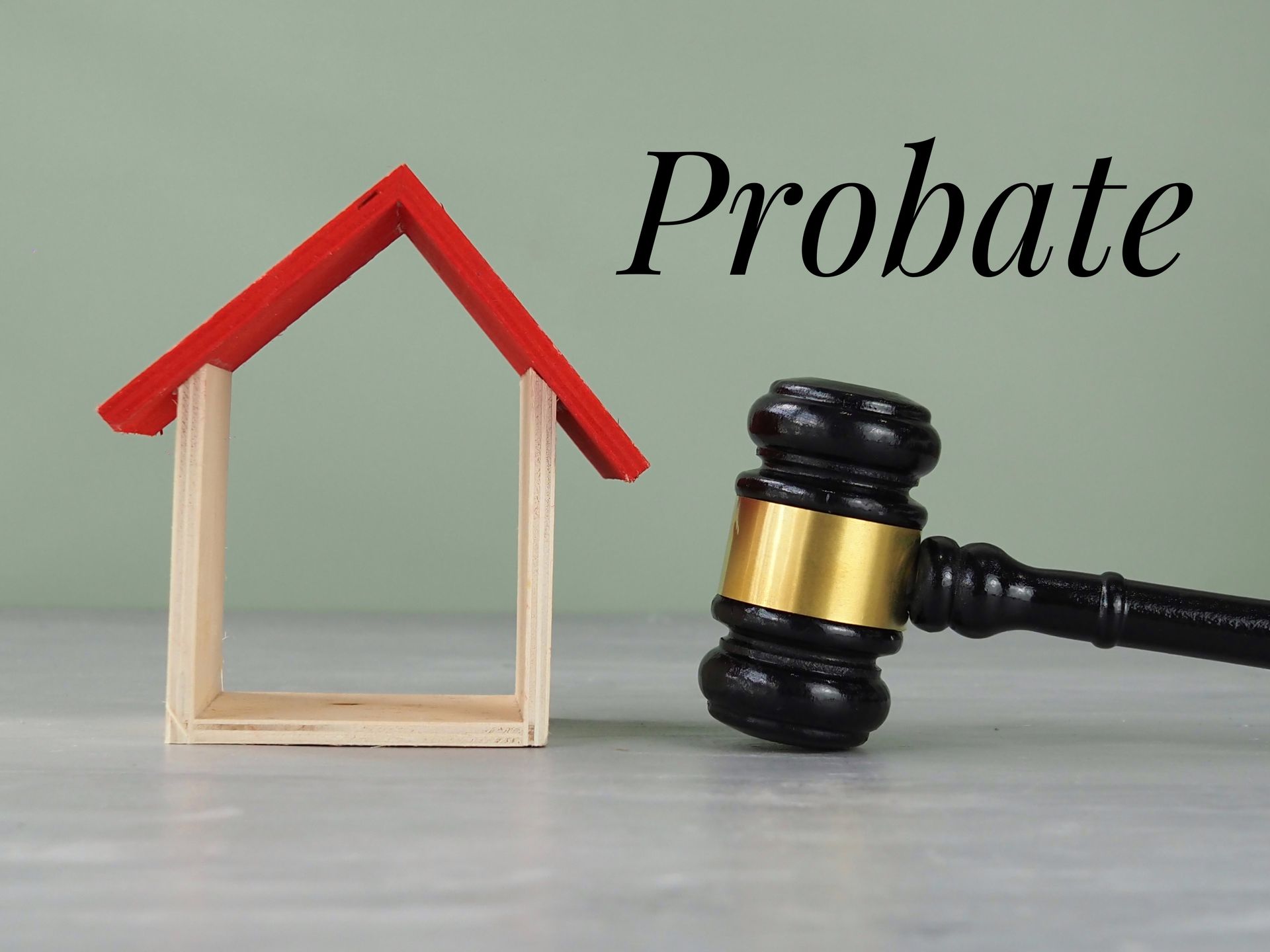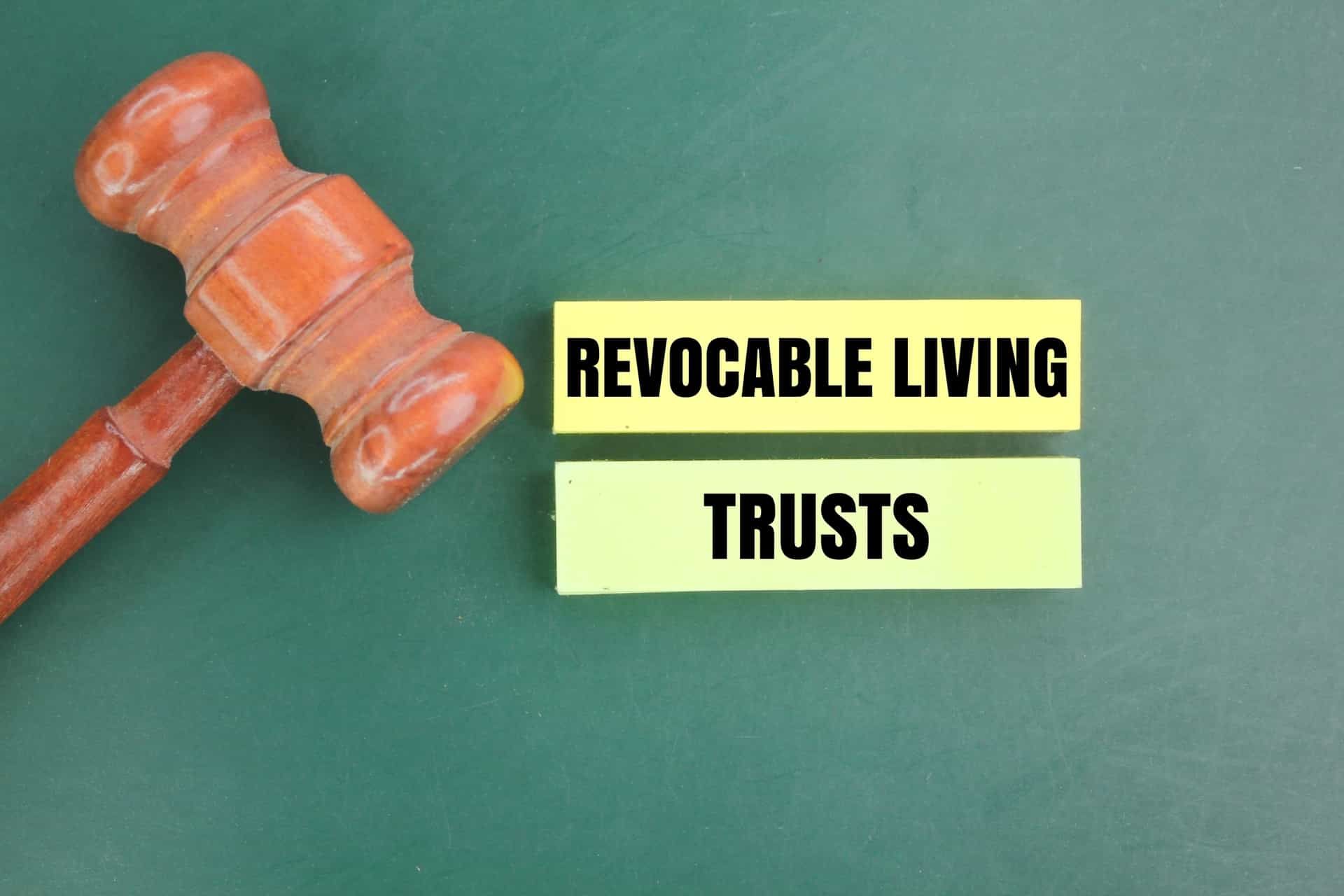Explaining The Federal Estate Tax Exemption 2023-24 - Doane & Doane, P.A.
Federal estate taxes are taxes on property transferred from a deceased individual to their heirs. While not a problem for small estates, those with high-value properties and assets may be required to pay hefty amounts of estate taxes if their estates go over a certain amount.
Fortunately, there is a federal
estate tax exemption 2023-24 that changes every year and provides high-value households with tax breaks.
Let’s go over the federal tax expedition 2023 amounts and explain in detail how they may affect you.
What Is The Federal Estate Tax Exemption 2023 - 24?
At the time of writing, the federal estate tax exemption is $12,920,000 for an individual and $25, 840,000 for married couples.
This is a relatively high bracket, which means you’ll only be affected by estate taxes if your estate exceeds this particular amount.
What If Your Estate Exceeds The Federal Estate Tax Exemption?
If your estate exceeds the current federal estate tax exemption 2023, your estate will be required to pay the estate tax rate that is set at 40%.
This amount will apply to individuals who passed away in 2023.
The threshold also applies to the total value of the estate, which means that it’s determined by the fair market value of the assets at the time of death and not when they were purchased. It’s common to hear this referred to as the gross estate.
Upon calculating the gross estate, the estate representatives may use deductions that allow them to lower the value of the gross estate. Afterward, the taxable estate will remain, and if its value exceeds the federal estate tax exemption 2023, the estate is subject to tax on all amounts that fall over the 2023 exemption limit.
Impact Of Gift Taxes On The Estate
Along with federal estate tax, another part of the federal system is gift taxes. The gift tax is a levy on the transfer of all assets from one individual to another in which the person gifting the asset doesn’t receive the fair market value of the gift in return.
In other words, every time you give something valuable to someone, chances are, you’ll owe taxes on the gift regardless of whether you’re receiving anything in return.
This is why you should use the fair market value of the gift to calculate your potential liability if you make larger transfers.
Not every gift is subject to taxes and there are plenty of exemptions in place that play a role in your potential liability.
One of them is the lifetime gift tax exemption. This provision in the tax code allows each US citizen to gift a certain amount of assets in their lifetime without triggering the gift tax. The amount is adjusted annually for inflation.
At the moment, the lifetime gift tax exemption is the same as the federal estate tax exemption 2023.
While this seems like much, any amount that you use against this tax exemption reduces the amount of assets (dollar-for-dollar, might we add) that will be exempt from the estate tax upon your death.
This is why this lifetime gift tax exemption is a valuable
estate planning tool, as it allows you to transfer substantial wealth to your loved ones during your lifetime. To make full use of this tool, consult an experienced estate attorney.
There is also the annual gift tax exclusion that allows you to gift a certain amount of property annually without triggering the gift tax, and in many cases, without needing to report the gift to the IRS.
Currently, the exclusion is $17k per recipient. This means you can give this amount to multiple individuals each year without having it be subject to the gift tax.
It’s also worth pointing out that this limit applies to your spouse, meaning you can combine this exclusion to give upwards of $34k to each of your children without worrying about any tax implications of the gift.
Plus, the annual exclusions are completely separate from estate taxes and will affect neither of the tax exemptions, such as the lifetime gift limit.
We advise you not to go overboard, though. All these limits are subject to change and may be adjusted to account for inflation or adhere to the revisions in the tax law.
Can Exemptions Transfer To Spouses?
According to the Tax Relief, Unemployment Insurance Reauthorization, and Job Creation Act, portability is available. This means that the act allows individuals to transfer amounts of the estate tax exclusion not used for the estate to the surviving spouse of the decedent.
How can you use this?
If you’re the surviving spouse, you can file the
IRS form 706 to use your right of portability. You can then utilize transferred estate tax exclusion to receive the amount from the estate of your deceased spouse. Thus, you’ll be able to sidestep any tax liabilities connected to the estate or when making lifetime gifts.
Does The Federal Estate Tax Exemption 2023 Impact Your Tax Rate?
In the past, the tax exemption would have heavily affected your tax rate. However, because of the increases in overall tax rates in 2012 and 2023, the large majority of middle-class individuals are not subject to the estate tax.
This doesn’t mean your estate is completely exempt from any fees as it may still be subject to
probate. Thus, the key goal of your estate planning is to keep your estate from going through probate.
To put it differently: if you have minor children, own real estate, and have assets valued at over $160k, you should set up an estate plan to maximize your wealth for your heirs after you pass away.
If you fall over the federal estate tax exemption 2023, you can minimize the amount of taxes with smart estate planning. For instance, some of your assets can be gifted before your death, thus helping you avoid estate taxes.
We Can Help You Maximize Your Tax Savings
If you’re concerned about the 40% estate tax and would like to keep your wealth from dwindling after your death, you should consult an estate planning attorney. By having an effective estate plan strategy in place, you can offset any tax liability and ensure your assets end up where they belong instead of going to the IRS.
Reach out to
Doane & Doane if you want to work with the best estate planning attorneys in Florida. With two decades of experience under our belt and droves of happy clients ready to attest to the quality of our craft, Doane & Doane is the right choice for all matters estate planning.
Call
561-656-0200 or fill out our
contact form to schedule a free consultation and see how you can preserve your wealth for your heirs.
Disclaimer: The information on this website and blog is for general informational purposes only and is not professional advice. We make no guarantees of accuracy or completeness. We disclaim all liability for errors, omissions, or reliance on this content. Always consult a qualified professional for specific guidance.
RECENT POSTS






